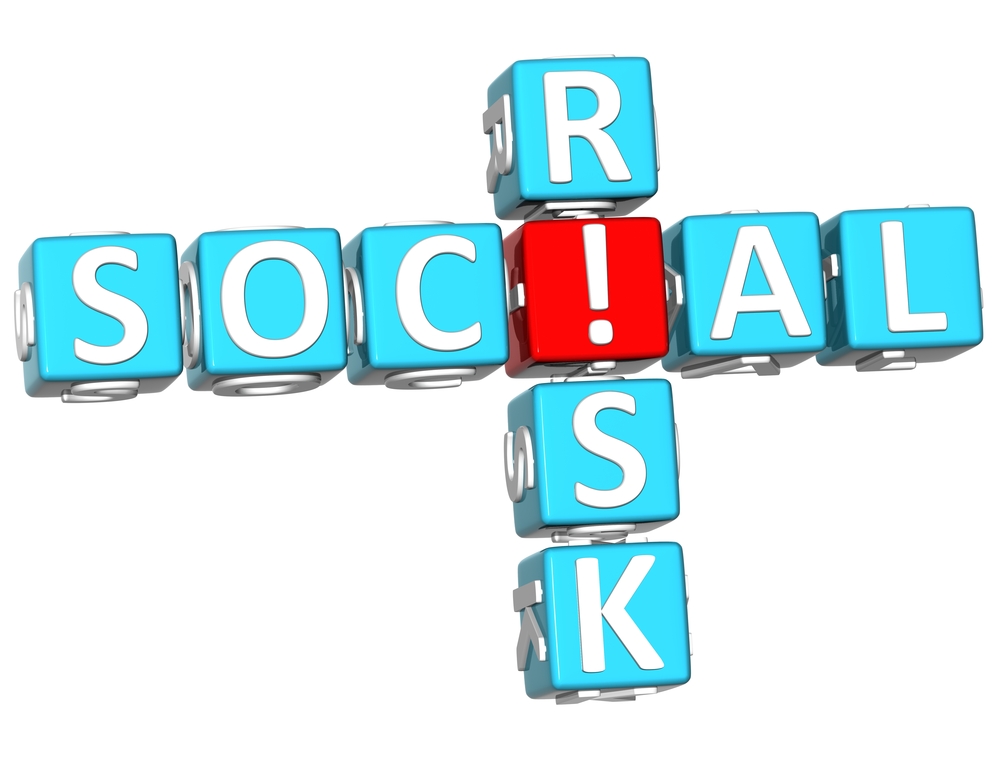
In many places, police morale has plunged and retirements and resignations have soared. The crisis comes as many cities continue to grapple with the fallout from the pandemic and sharp increases in shootings and murders. The historic calls for police accountability, reform and attempts at racial reckoning have left police departments nationwide struggling to keep the officers they have and attract new ones to the force. Reform pressures have many cops leaving the job. "From my perspective, I think that was yesterday.A demonstrator holds her hands up while she kneels in front of the Police at the Anaheim City Hall on Jin Anaheim, California. "When will it be really a 'must'?" Stevens said. She says that most agencies are only beginning to embrace it.

Stevens' LAwS Communications is hosting an entire conference on social media for law enforcement agencies next week. "I think the world of social media, when you look at the hundreds of millions of people who are on it, is the next step for policing," he says.

It's an undeniably useful tool, Chitwood, from Upper Darby, says - maybe even on the level of DNA testing. Upper Darby wants to start using its accounts for investigations. Philadelphia wants to develop its yet-unused Instagram account. Still, Gripp says he can't imagine not using social media anymore. "Sometimes we can't address people in 140 characters," Gripp, from the Philadelphia Police Department, says - and that can be frustrating. In extreme cases, errant social media use can affect the safety of other officers, Kolb says.Įven with good intentions, the scope of the technology limits how much the police can do online. It's also a field that is constantly changing, so keeping up requires labor, time and money - resources that some agencies may not have, says Nancy Kolb, who oversees the International Association of Chiefs of Police Center for Social Media.Īnd individual officers can make bad decisions in public forums: A police officer in Texas was under investigation for posting inflammatory comments on a Facebook page a Florida beach officer was fired over Facebook comments about Trayvon Martin after George Zimmerman's not-guilty verdict. "That is understandable because these folks aren't trained to do that - they're trained to be cops," she says.
#NEGATIVE EFFECTS OF SOCIAL MEDIA ON LAW ENFORCEMENT HOW TO#
Very few police departments understand the depth of social media or have put together a comprehensive strategy on how to use it, says Lauri Stevens, founder of LAwS Communications, a consulting company that works with law enforcement agencies to create these strategies.

New opportunities in technology, of course, come with a slew of new challenges.

"We encourage everybody to be themselves." "We're not just a faceless entity," Gripp says. I'm sorry to the motorist I scared today, my knee turned the emergency lights on, twice. A few months ago, for example, his agency arrested a man on suspicion of attempted statutory rape after police detectives posed as a teenage girl online. Dave Norris of the San Mateo, Calif., Police Department. "It's kind of an expanded version of the good work they would do on the beat," says Sgt. They reviewed social media profiles of suspects or victims, created undercover social identities to gather information and posted surveillance videos or images in hopes the public might be able to help. But even more say it has helped with the most integral part of their work: investigating crimes. Of those plugged-in agencies, 90 percent use Facebook, 50 percent Twitter and 37 percent YouTube, according to the International Association of Chiefs of Police's Center for Social Media findings.Īlmost two-thirds say their accounts have improved community relations - the main goal of Upper Darby's Twitter account. Digital Life Tweeting Crime: Law Enforcement Adapts To Social MediaĪ nationwide survey conducted last year of 600 law enforcement agencies found that 92 percent use some form of social media.


 0 kommentar(er)
0 kommentar(er)
